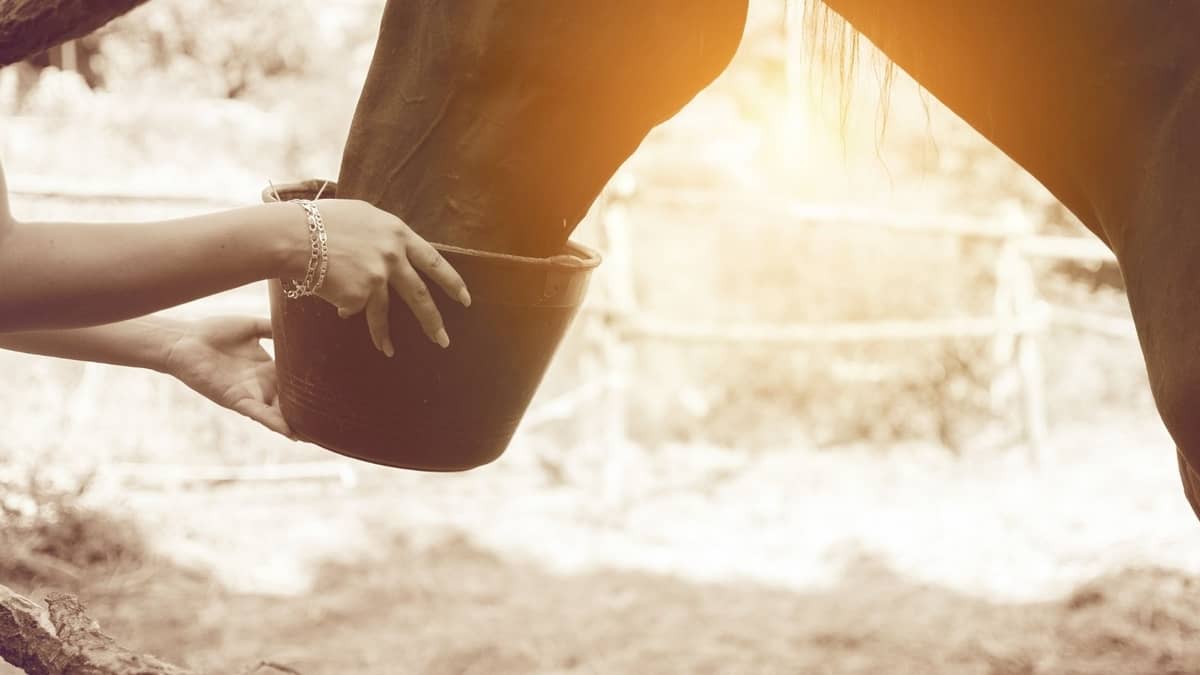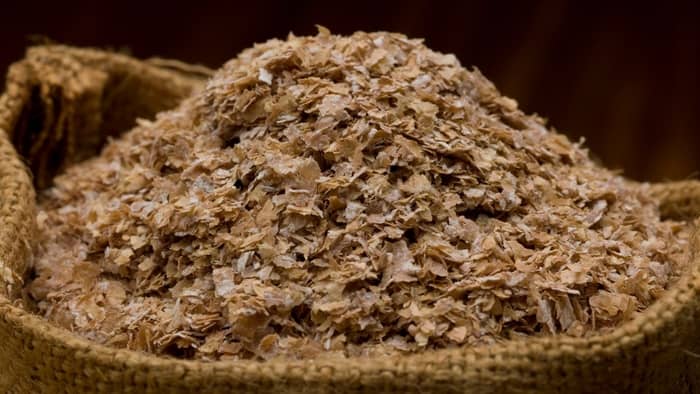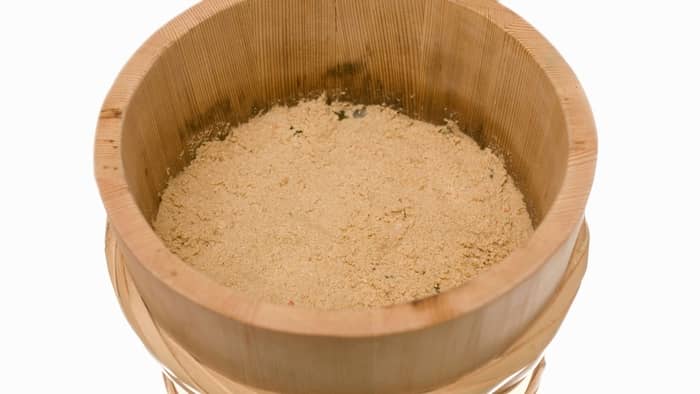Last Updated on February 27, 2022 by Griselda M.
Have you ever wondered if feeding bran mash for horses is a good idea? This horse feed was once very popular but has fallen out of fashion in recent years. If you are tempted to give your horse a treat, let’s find out whether bran mashes are worth a try!
Is Bran Mash Good For Horses?
Although many horse owners like to give a bran mash as treat, this horse feed does not have many nutritional benefits. Bran mashes are considered to be an old-fashioned horse feed, and they are not as popular in the modern world.
Bran mashes are made by mixing wheat bran with warm water. The dried wheat bran absorbs the water, making a soft and warm mash that your horse might enjoy. Think of a bran mash as porridge for horses!
There are mixed opinions on whether bran mash is good for horses, but this can be a useful addition to your horses’ diet if fed in the right way.
Benefits of feeding bran mash for horses
Most nutritionists advise that bran mashes are fed as a weekly treat, and if used in this way they can be beneficial for your horse. A bran mash is high in fiber and is easily digestible for the horse. It also has high water content, making it a great way to increase your horse’s water intake during the cold winter months.
Another advantage is that we can add beneficial ingredients into a bran mash for horses. One popular addition is salt or electrolytes, to replace those lost during a period of intense exercise. This, combined with the high water content, makes bran mash an excellent treat after a long trail ride.
Chopped apples and carrots can also be added to a bran mash, as well as molasses to improve palatability. Some horse owners also add steamed oats and flaxseed to create a more nutritionally balanced meal.
Bran mashes should never be fed more than once a week, but they are a good idea to feed in the following situations:
- A weekly bran mash during cold weather to boost water intake.
- A bran mash can be given after intense or prolonged exercise.
- Bran mashes can be fed after a long trailer journey.
- After foaling, a mare may appreciate a warm bran mash.
It is thought that, when fed in these situations, the bran mash will stimulate the gastrointestinal tract and provide an invaluable source of water.
Disadvantages of feeding bran mash for horses
So, if a bran mash is such a nice treat for a horse, why can’t we feed it every day?
The reason for this is that, when fed alone or as a main part of the horse’s diet, bran is not nutritionally balanced. Bran contains ten times more phosphorus than calcium, whereas a horse needs a diet that is higher in calcium than phosphorous. If the horse was fed bran every day it would quickly become deficient in calcium.
If this occurs, the horse could potentially develop a metabolic condition called Nutritional Secondary Hyperparathyroidism. This affects the skeletal system of the horse, with the weakening of the bones of the body. It also causes enlargement of the facial bones, and is known as ‘Big Head’ disease!
Interestingly, Nutritional Secondary Hyperparathyroidism was commonly seen in horses owned by grain millers, as they fed their horses on the bran left over from milling wheat. For this reason, this disorder used to be called Miller’s Disease.
To balance out the calcium and phosphorous ratio of bran mash, alfalfa cubes can be added. However, this still does not give a nutritionally balanced meal for horses.
Is Bran Mash Good For Horses With Colic?
Traditionally, bran mashes were fed to horses as their owners believed that they would increase water intake and reduce the likelihood of colic. However, it is unlikely that feeding a bran mash would increase the horse’s water intake by a significant amount.
In addition to this, when a meal of bran mash is fed to a horse, it can cause significant disruption to the gastrointestinal tract. If a horse is suffering from colic then a change in diet is not a good idea, as this can make the problem worse. Any change in the diet of a horse with colic should be discussed with your veterinarian first.
Summary
So, as we have learned, bran mashes are a treat that your horse may enjoy, but there are not many nutritional benefits to giving your horse this feed. Veterinary nutritionists advise that a weekly bran mash may be beneficial to your horse, but it should not be fed more often than this. Bran mashes are made by combining wheat bran with warm water to create a soft, warm feed.
We’d love to hear your thoughts on bran mash for horses! Do you enjoy making this weekly treat for your horse or pony? Or do you think feeding bran mash for horses is old-fashioned? Leave a comment below and we’ll get back to you!
FAQs
What Is Bran Mash For Horses?
Bran mash is a warm feed given to horses in winter or after a period of intense exercise or ill health. It is made by mixing wheat bran with warm water. Other ingredients are then added to make the mash more palatable.
How To Make Bran Mash For Horses?
Bran mash is made by mixing wheat bran with warm water, until the mix is well saturated but not soggy. You should be able to form the mash into balls, without water squeezing out of it.
Most horse owners prefer to mix other ingredients into the bran mash for horses. Salt or electrolytes can be added in hot weather, or if the horse has lost water through sweating. Chopped carrots and apples, steamed oats, flaxseed, and molasses can all be used to increase the palatability of bran mash.
How Much Wheat Bran Mash To Feed For Horses?
The amount of bran mash to feed to horses will depend on the size of the horse. For a large horse, start with eight cups of bran, to which you then add water. Ponies will eat around half this amount.


